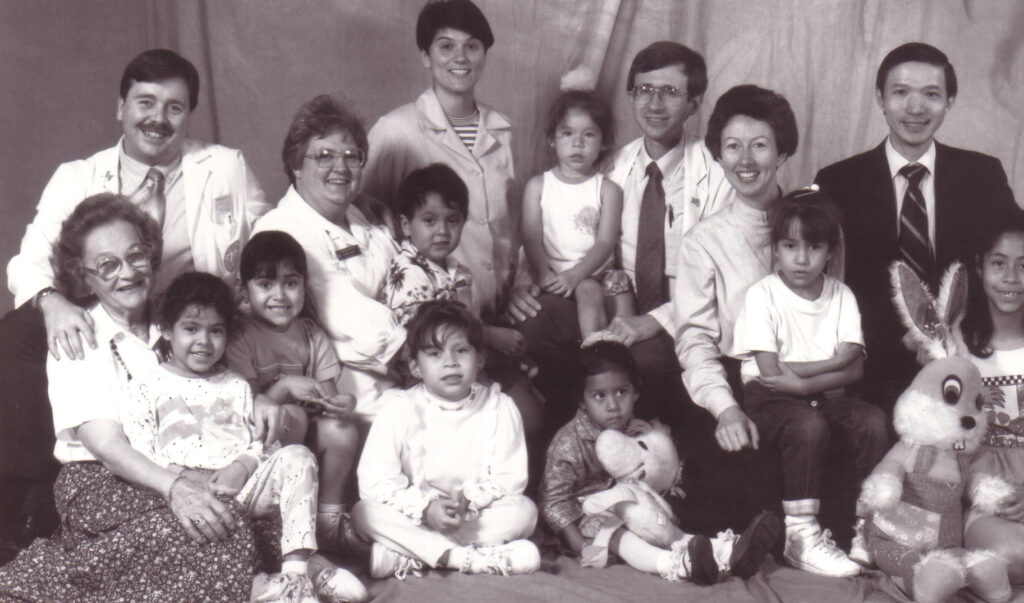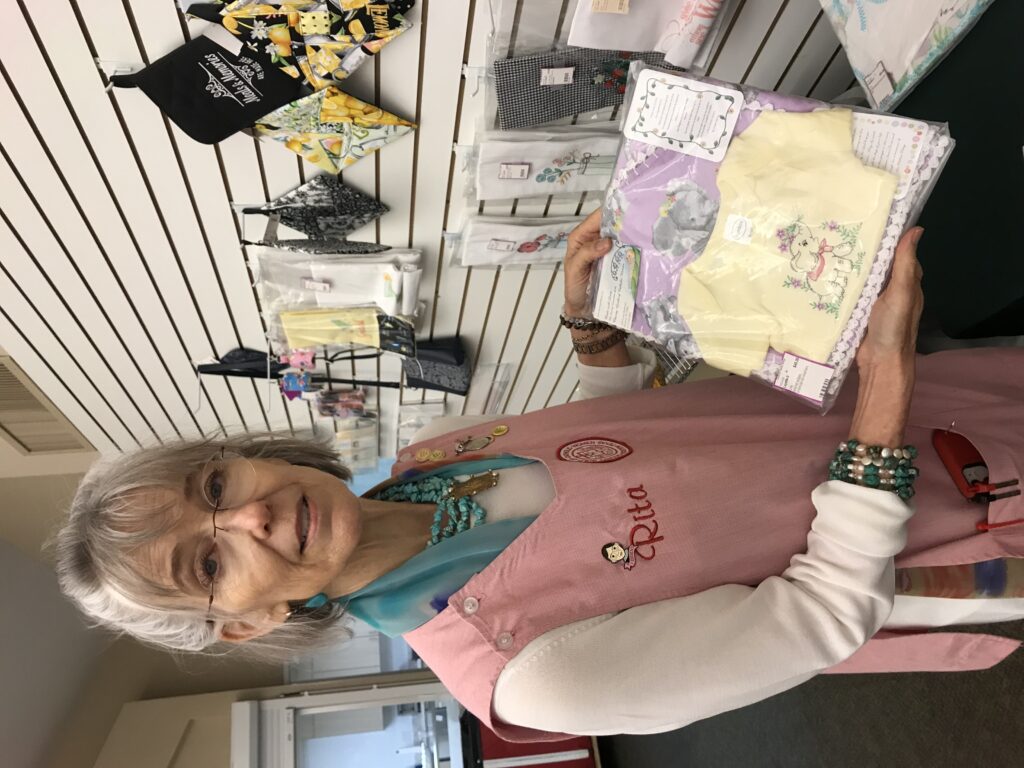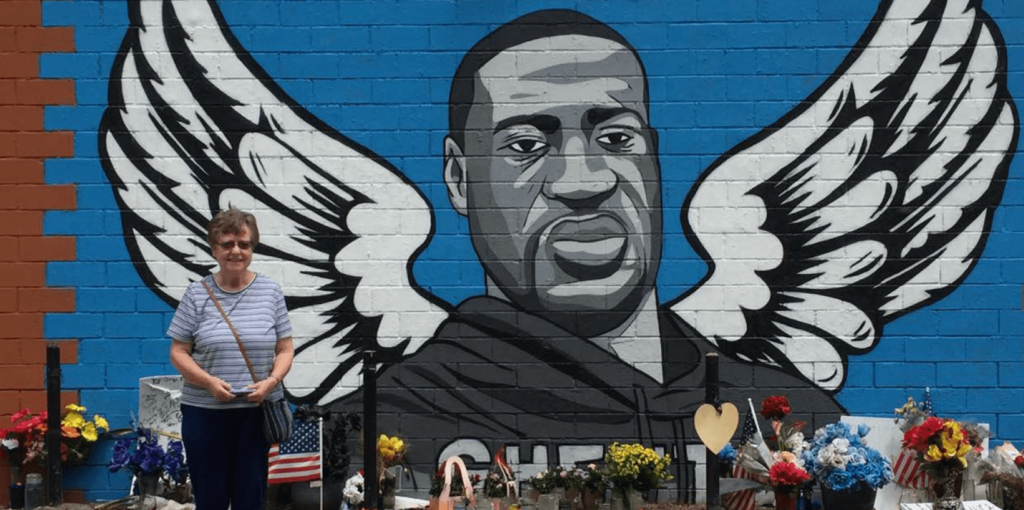By Sarah Chikhani
In the early 1990s, Sister Annette McDonagh and Sister Pauline Troncale carpooled to work at San José Clinic in Houston’s Second Ward. Every morning, Sister Annette, a pharmacist in her seventies, would bless the clinic with a splash of holy water and pray that she would not make any mistakes. Recalling the story with a laugh, Sister Pauline, who was CEO of the clinic at the time, thought to herself, “Oh, gosh! Pauline, you should be sprinkling your whole office with holy water!”i

Throughout the San José Clinic’s history, women have been involved in almost all the operations from fundraising to volunteerism, and they have always been at the helm, whether nuns or laywomen. This began with the Charity Guild of Catholic Women, who cofounded the clinic, and carried over to the Sisters of the Immaculate Conception and the Sisters of Charity of the Incarnate Word, who were trained in medical care and administration, and the professional businesswomen who have run the clinic over the last twenty-four years. By establishing, running, and supporting the clinic, these women established healthcare as a human right and protected the lives of other women, mothers, and families.

Charity Guild member Rita Bergers shows off one of the layettes that members still make for newborn babies, demonstrating their century-long commitment to mothers and children in need. Photo courtesy of Debbie Z. Harwell.
Although Monsignor George T. Walsh’s investigation into the high infant mortality rate of Mexican children in Houston led to the creation of the Clinica Gratuita (later the Mexican Clinic and now San José Clinic) in 1922, he relied on the local chapter of the National Council of Catholic Women to help raise money to start the clinic. These women, who later organized as the Charity Guild of Catholic Women, operated in the Progressive Era tradition of social housekeeping that brought women out of the home and involved them in activities that made life better for their families and communities. Under the leadership of Katherine (Mrs. Lucian B.) Carroll and M. Theodora (Mrs. W. E.) Kendall, fifty-nine women contributed a dollar each to rent the clinic’s first location at 1900 Franklin Street, while actively seeking out Houston doctors to donate their time to provide care. They also began sewing layettes for newborns to distribute through the clinic.iii
To read the full article, click here or on Buy Magazines to purchase a print copy or subscribe.

Sister Margaret Bulmer, who served as clinic director from 1985 to 1990 and from 1992 to 1998, made a lasting impression with her sense of empathy and ability to make everyone feel at ease. Recently, she visited a mural honoring Houston native George Floyd, who was killed in 2020 by a Minneapolis police officer. Visiting a mural memorial for Floyd in Third Ward, she reflected, “I saw and sensed more keenly in those streets the racial disparities that were a part of why and how George Floyd died. It was sad and sobering.” To read her full article, visit please visit the Sisters of Charity website.

To learn more about the Charity Guild of Catholic Women, the women who helped raise $59 to establish the Mexican Clinic, later San José Clinic, click on the following link. https://charityguildshop.org/

 Follow
Follow